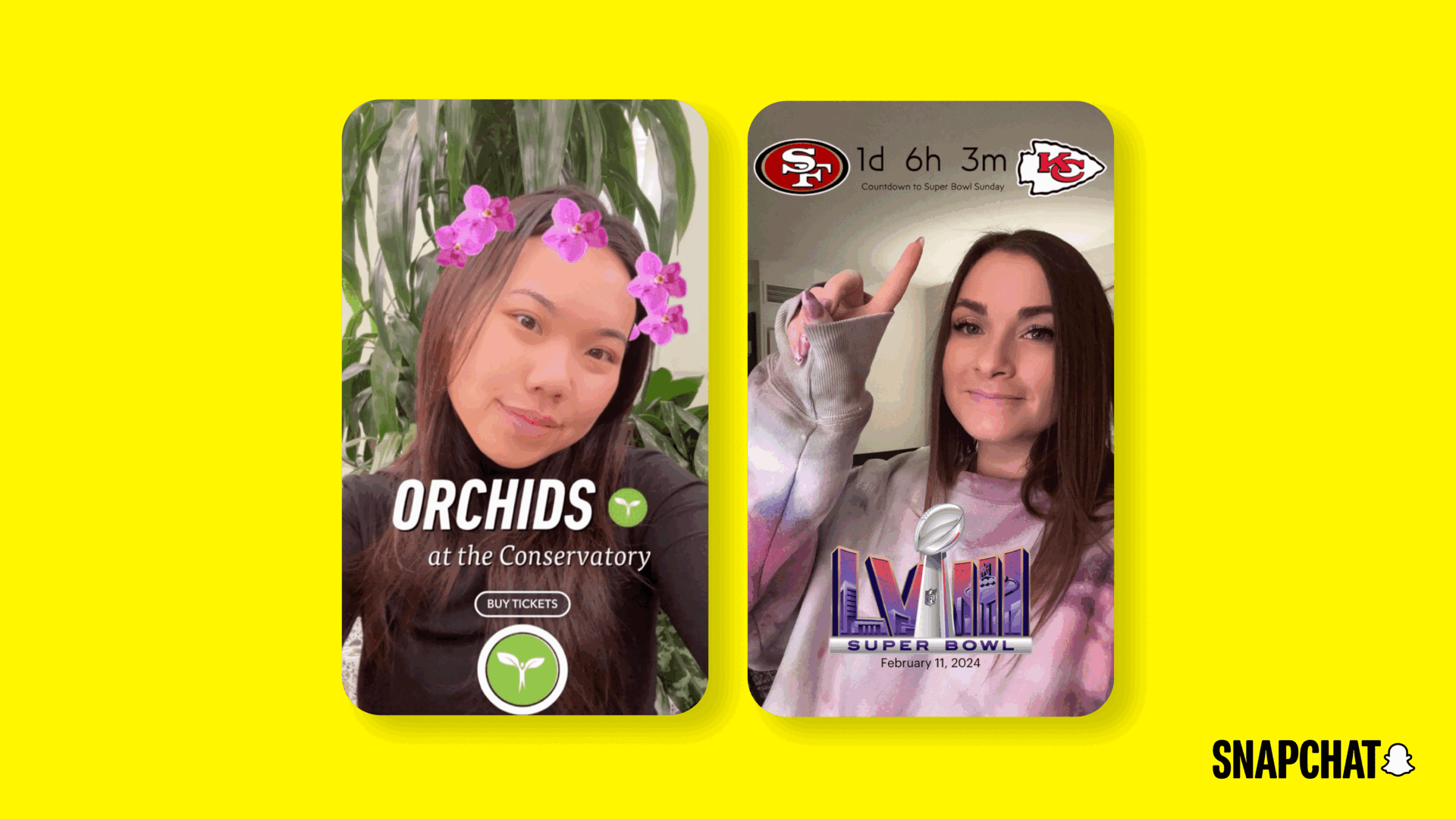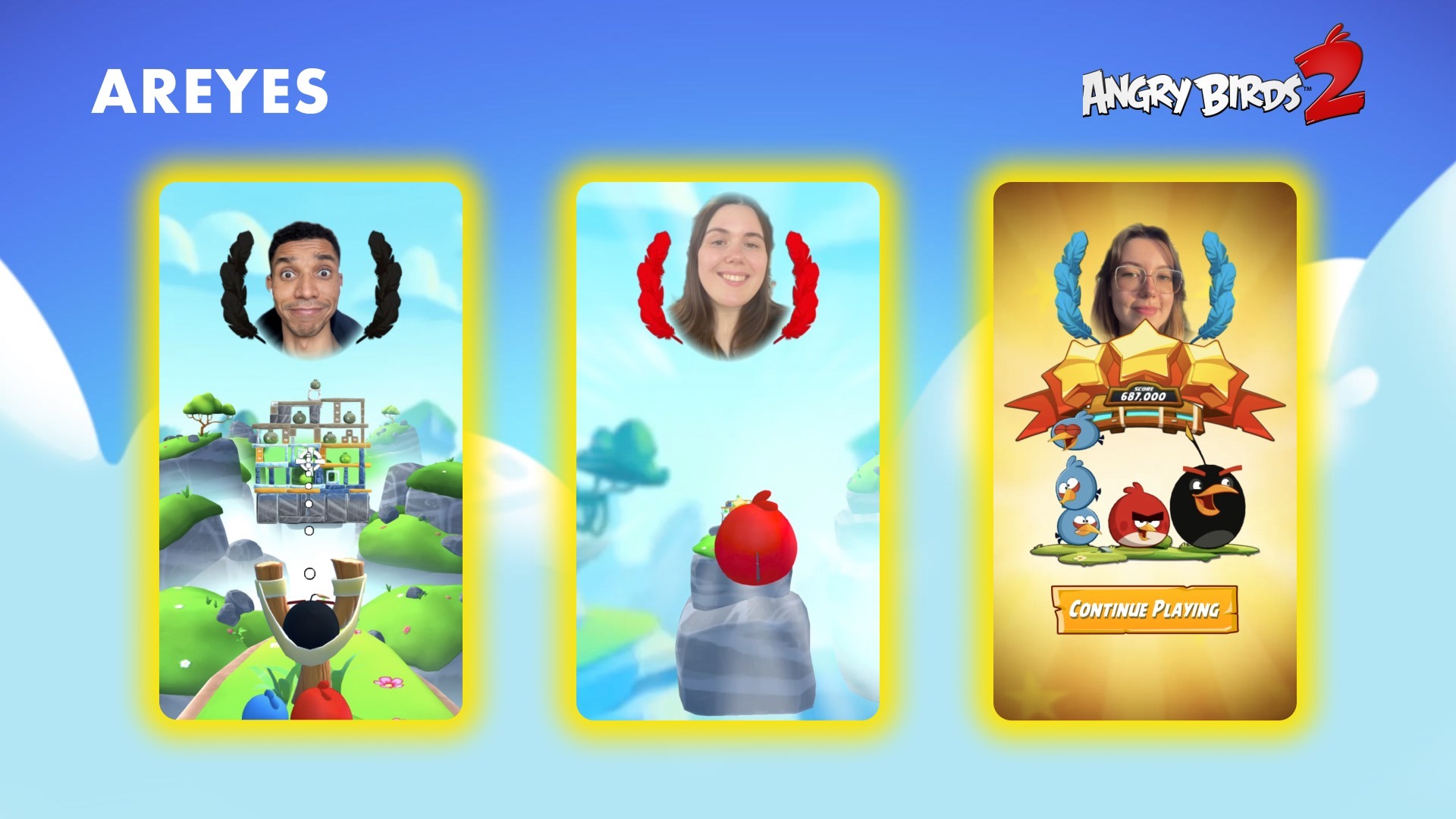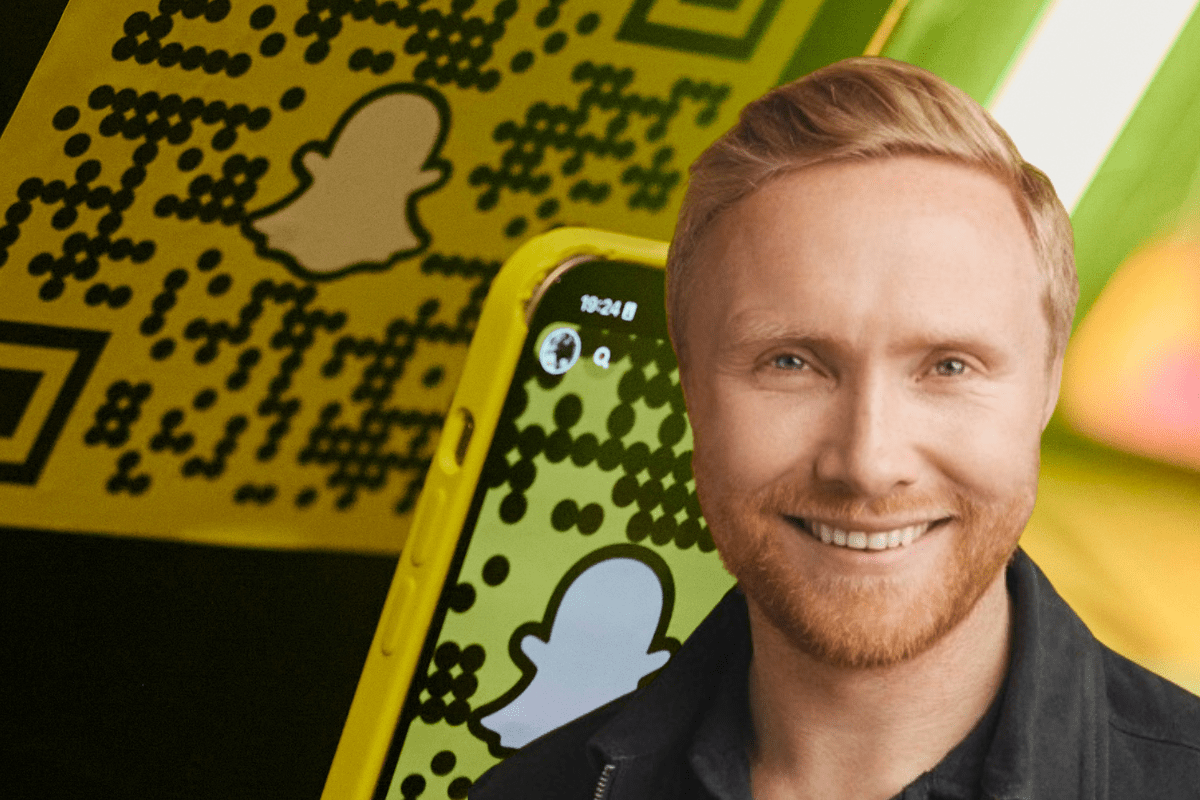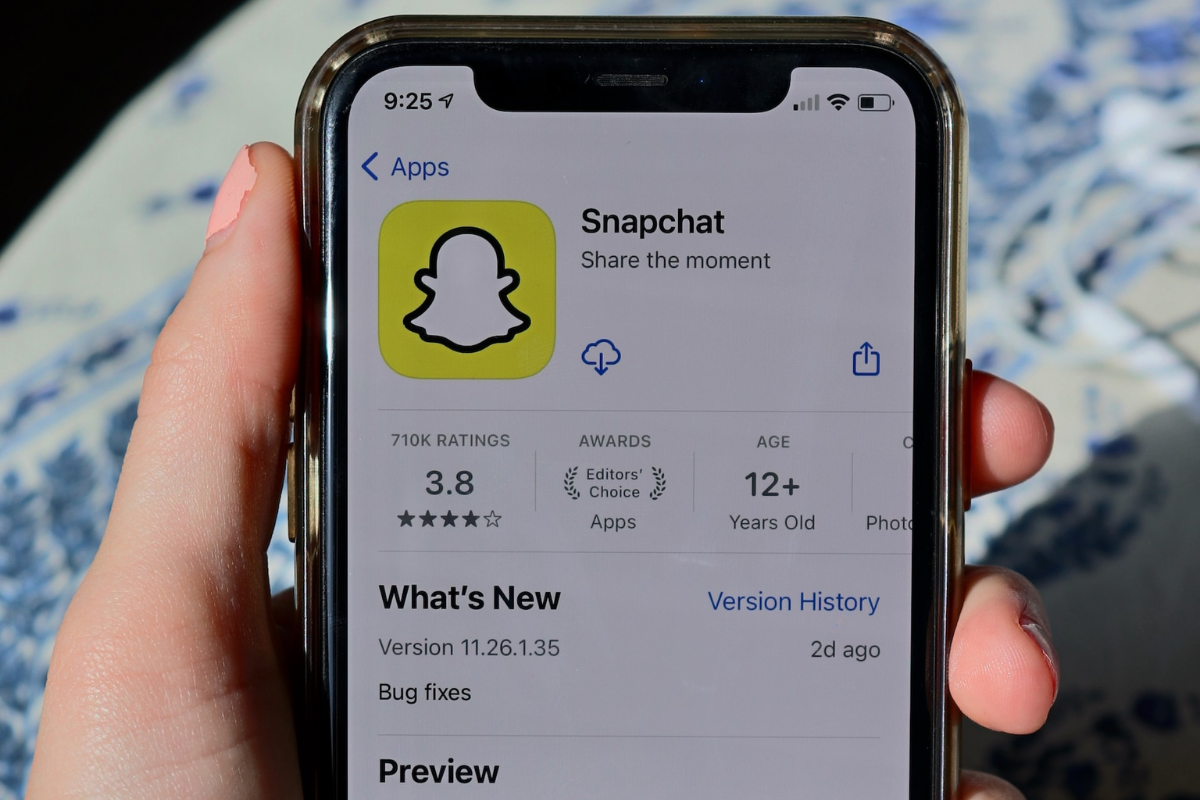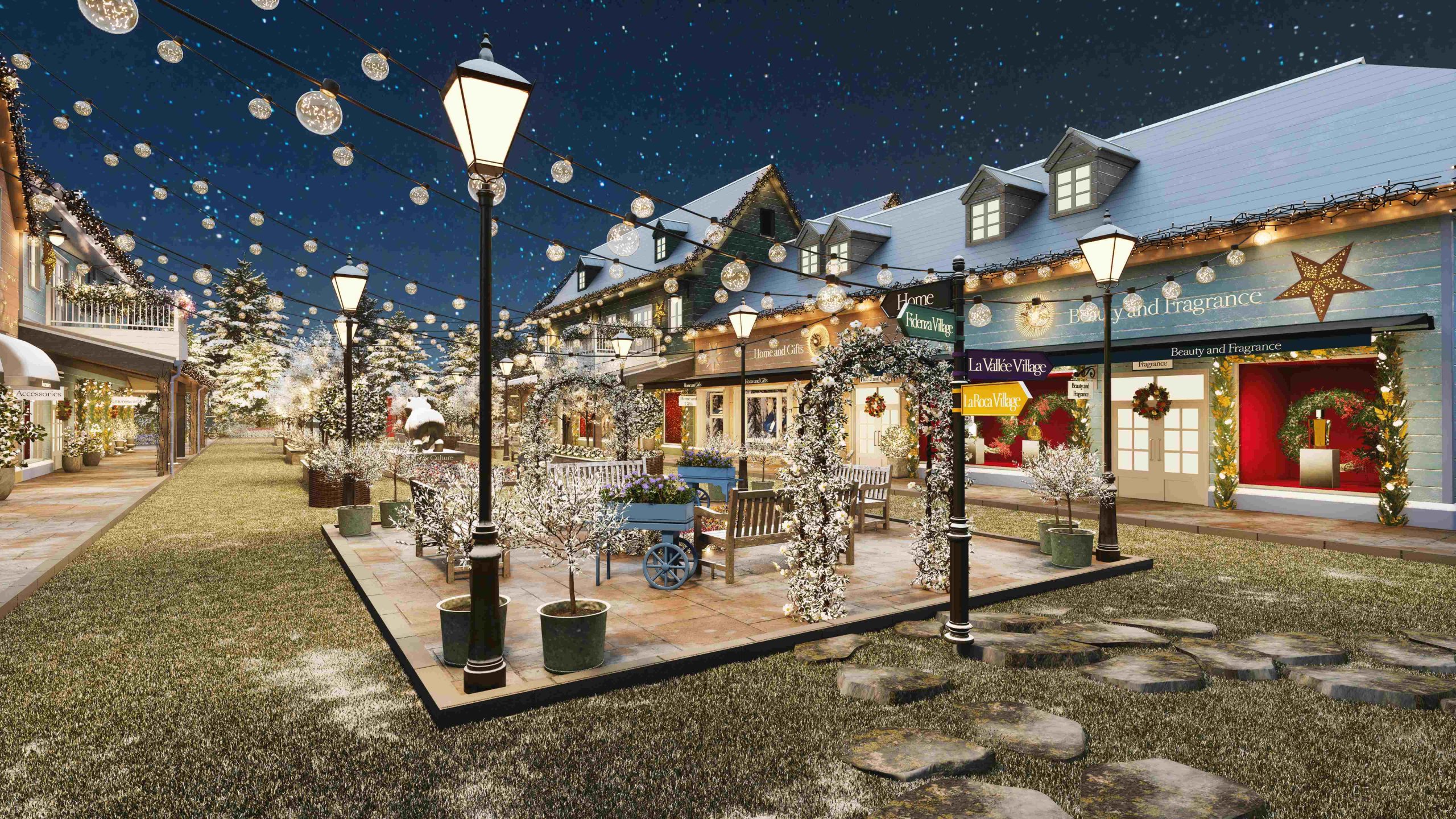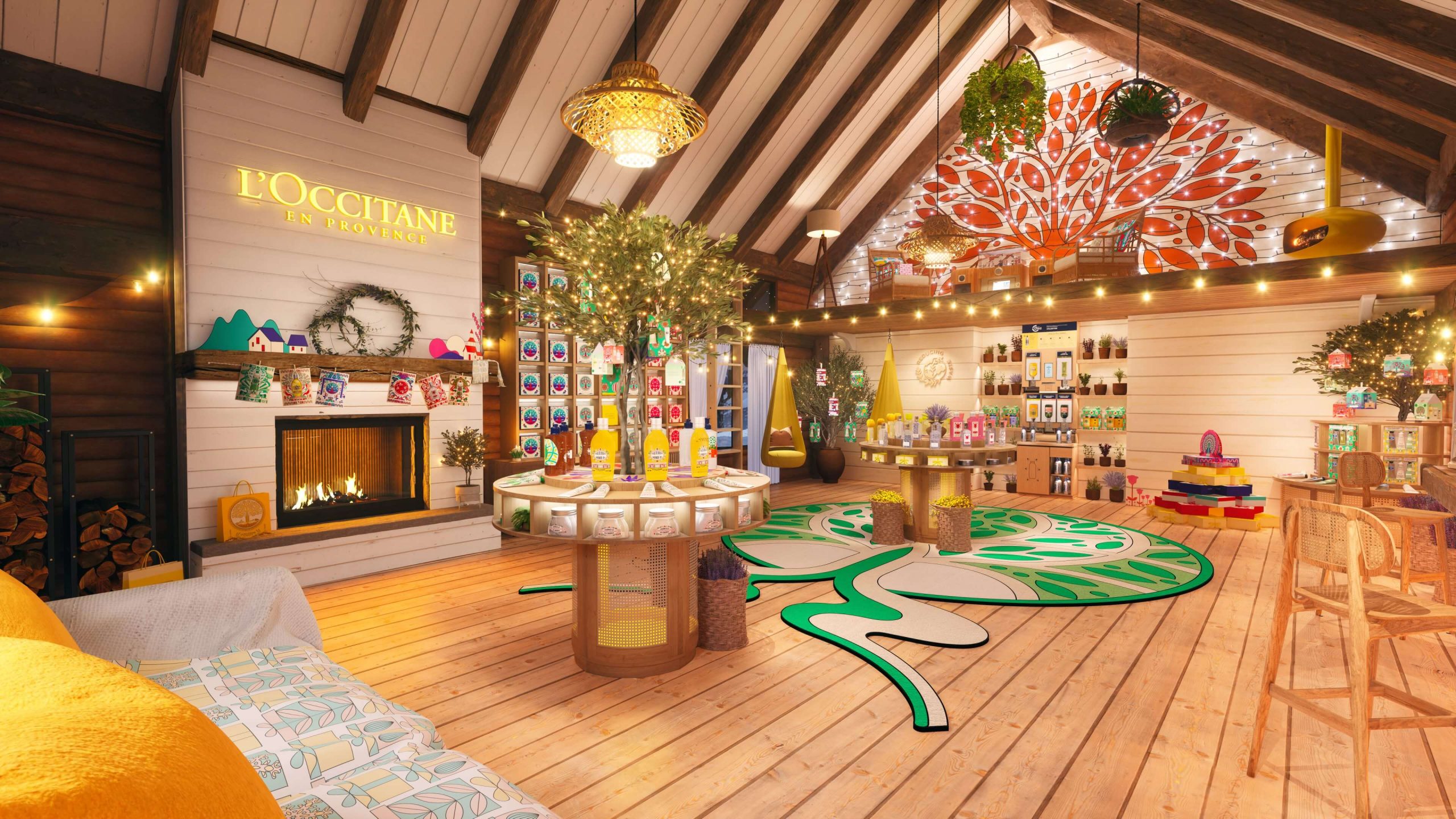 Yesterday, something slightly unusual dropped through the Mobile Marketing letterbox: two fun-size packs of cereal. It turned out they were part of a tech demo for AR DJ, an Augmented Reality prototype fresh from the labs of Kudan.
Yesterday, something slightly unusual dropped through the Mobile Marketing letterbox: two fun-size packs of cereal. It turned out they were part of a tech demo for AR DJ, an Augmented Reality prototype fresh from the labs of Kudan.
The idea is simple: the app recognises not only the shape of the cereal boxes, but how they are orientated, and creates a track based on this, which can be remixed by user, by manipulating the boxes. Tip a box onto its side, or upside down, and it plays a different beat; move a box closer to the camera to increase that beats volume; and, perhaps most impressively, tilt the boxs front away from the camera to add distortion.
In a way, its as gimmicky as any other application of the technology weve seen, but it did feel genuinely new and more importantly – as someone whos tested a lot of AR apps in his time – it was actually fun to play with.
Losing the novelty factor
“The wow factor of AR is very rapidly falling away, and were worried its going to die out because of that,” says Kudan co-founder and commercial director Tom Wood. “We know from agency feedback that by now, everyone has seen a video pop up from a magazine cover, or accessed a badly-rendered 3D model by scanning some packaging. Weve got to create stickier experiences.
“Thats the idea behind AR DJ – provide something richer, where theres a fun reason to play with those boxes. You can imagine how it could be gamified, and tied into a wider campaign.”
AR DJ is just a demo for now, a way of showcasing Kudans technology and ideas, but its not hard to imagine brands the technology could be a great fit for.
Campaigns
Kudan has already worked with brands including eBay, on its virtual store shipping containers in Covent Garden last Christmas, and Captain Morgan, on a gamification campaign in New York which encouraged users to check in to places around the city in order to become Captain of an area.
“If you scanned a bottle of rum, you had a better chance of becoming Captain,” explains Wood. “But the AR wasnt mandatory, and thats key. Its just a technology, like GPS or Bluetooth – were not precious about it, and sometimes it doesnt fit the brand.”
To that end, Kudan works through marketing agencies, enabling them to sell AR to brands, rather than offering a platform directly. And just as he argues for working AR holistically into a larger campaign, Wood believes that its functionality is best integrated into a wider app, rather than relying on users being willing to download a standalone AR app.
“That model doesnt work,” he says. “Its a great way to get people educated about the technology – like AOL in the early days of the internet – but we need to move past that.”




